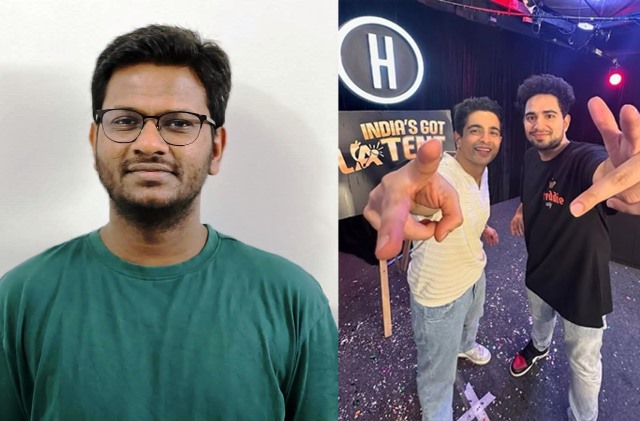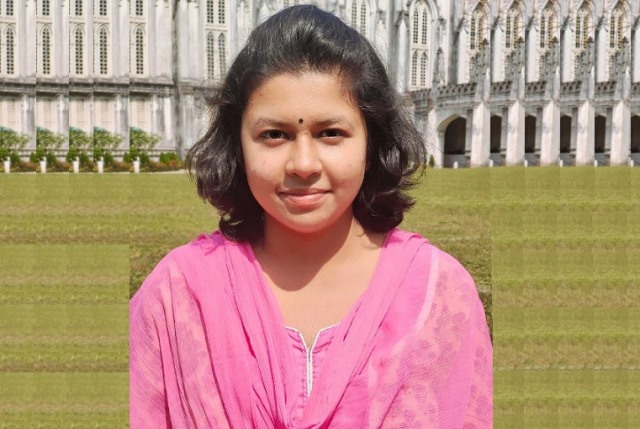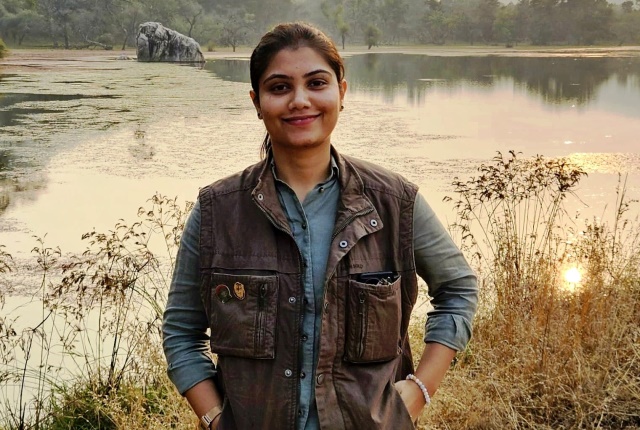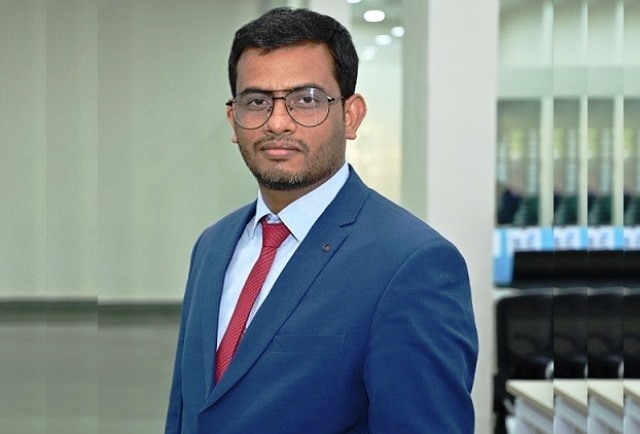
‘Influencers Must Not Cross The Line, But Audience Must Share Blame Too’
Bengaluru-based Ashutosh Jindal, a stand-up comedy enthusiast, is pained by the genre’s decline and an increasing use of abusive language by popular content generators. His views:
I have never been a fan of cancel culture, but the recent controversy surrounding Ranveer Allahbadia and Samay Raina made me pause and reflect. In 2024, Prime Minister Narendra Modi presented Allahbadia with the Disruptor of the Year award. He has been featured in Forbes 30 Under 30, built a digital empire with over 6 billion views across 12 YouTube channels, and interviewed some of the most influential personalities—from Bollywood stars to athletes and entrepreneurs. And yet, in one moment of “lapse in judgment,” he found himself at the center of a storm that exposed something far bigger than just one man’s mistake.
On comedian Samay Raina’s show, India’s Got Latent, Ranveer posed an utterly inappropriate and disturbing question to a contestant: “Would you rather watch your parents have sex every day for the rest of your life or join in once and stop it forever?” The internet erupted. There was outrage, disgust, and sharp criticism. Soon after, Ranveer issued a public apology, admitting that his comment wasn’t just inappropriate. But the damage was done.
This brings me to a bigger question: Is someone in his position allowed to be so irresponsible? As a social media influencer with millions of followers, is there any room for “lapses in judgment” like this? And while we’re pointing fingers, shouldn’t we also be looking in the mirror? Because, it’s not just about Ranveer Allahbadia; it’s about all of us—the audience who fuels the demand for such content.
ALSO READ: ‘Reel Making Fever Has Reached Epidemic Proportions’
This debate also reminds me of a statement made by singer Diljit Dosanjh. When criticized for singing about liquor, he retorted, “First, the government should ban liquor, then I will stop singing about it.” He had a point. The onus isn’t just on the creators but also on the system that allows and encourages such content. If problematic content thrives, it’s because there is a demand for it. If we want influencers to be responsible, we must also examine the societal structures that normalize and enable the very behavior we later condemn. The conversation cannot be one-sided. We all have a role to play in shaping the content we consume and, ultimately, the culture we create.
Social media influencers have an undeniable impact on people, especially the youth. They set trends, shape opinions, and sometimes even dictate moral standards. But what happens when entertainment crosses the line into tastelessness? Are we as an audience complicit in enabling it? The reality is, if content like this didn’t get views, it wouldn’t be made. It’s a classic case of demand and supply. If we stop consuming problematic content, its creators will be forced to pivot.
There’s another layer to this issue: regulation. Where do we draw the line between freedom of speech and social responsibility? While I am not advocating for censorship, there needs to be some form of accountability. Obnoxious, cringeworthy content being fed to millions—especially impressionable teenagers—cannot be brushed aside as mere entertainment. If left unchecked, such content contributes to the normalisation of offensive language, sexist remarks, and even problematic behaviour in real life. We can’t ignore the connection between what’s being glorified online and the broader societal consequences, including crimes against women and toxic masculinity.
This controversy is a perfect example of why influencers, no matter how big, need to be mindful of what they say. Not everything is funny. And fun cannot come at the cost of basic moral values. The lesson is simple: If you have influence, you also have responsibility. And if you’re part of the audience, you have the power. Use it wisely.
As told to Mamta Sharma



